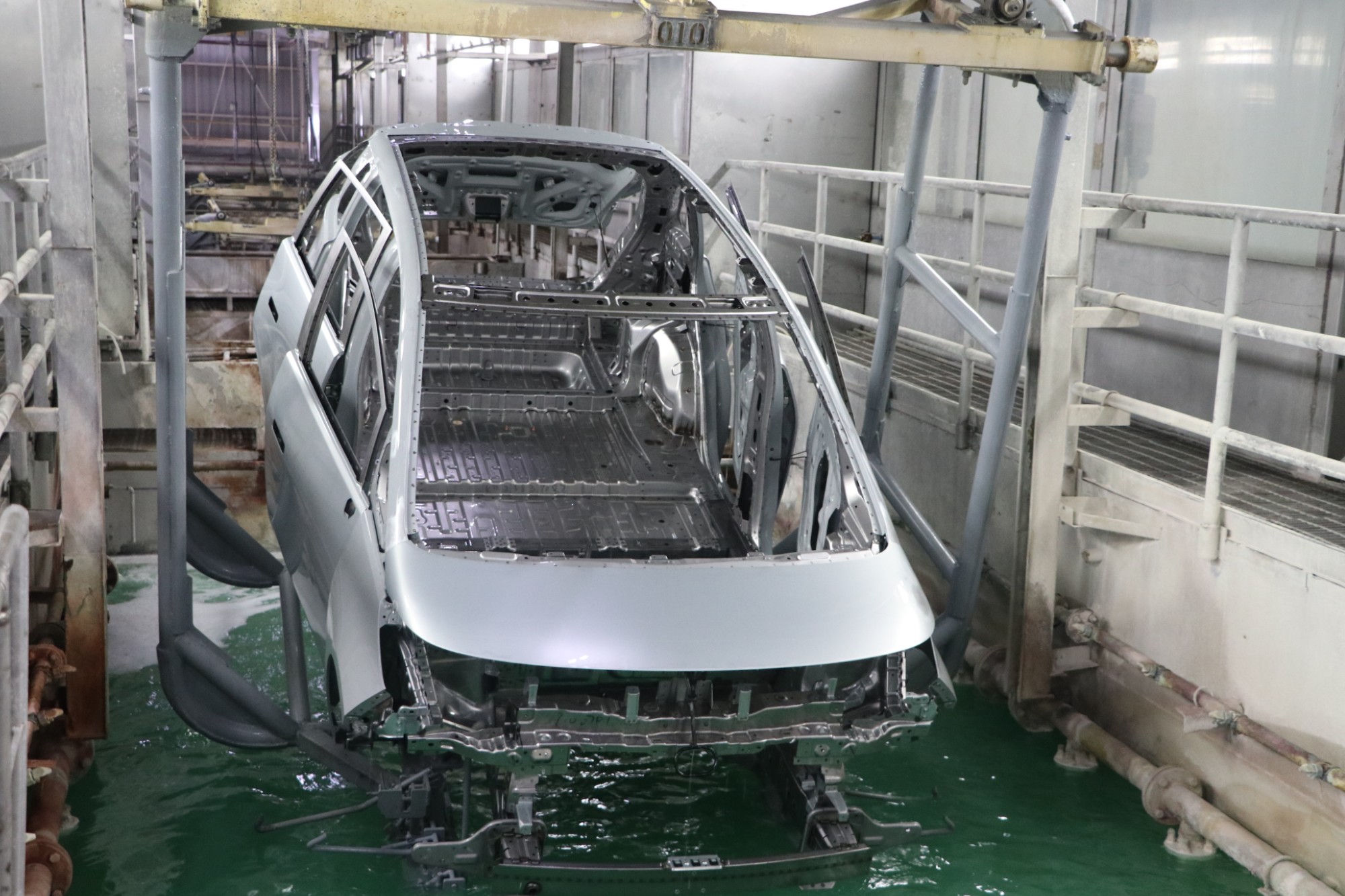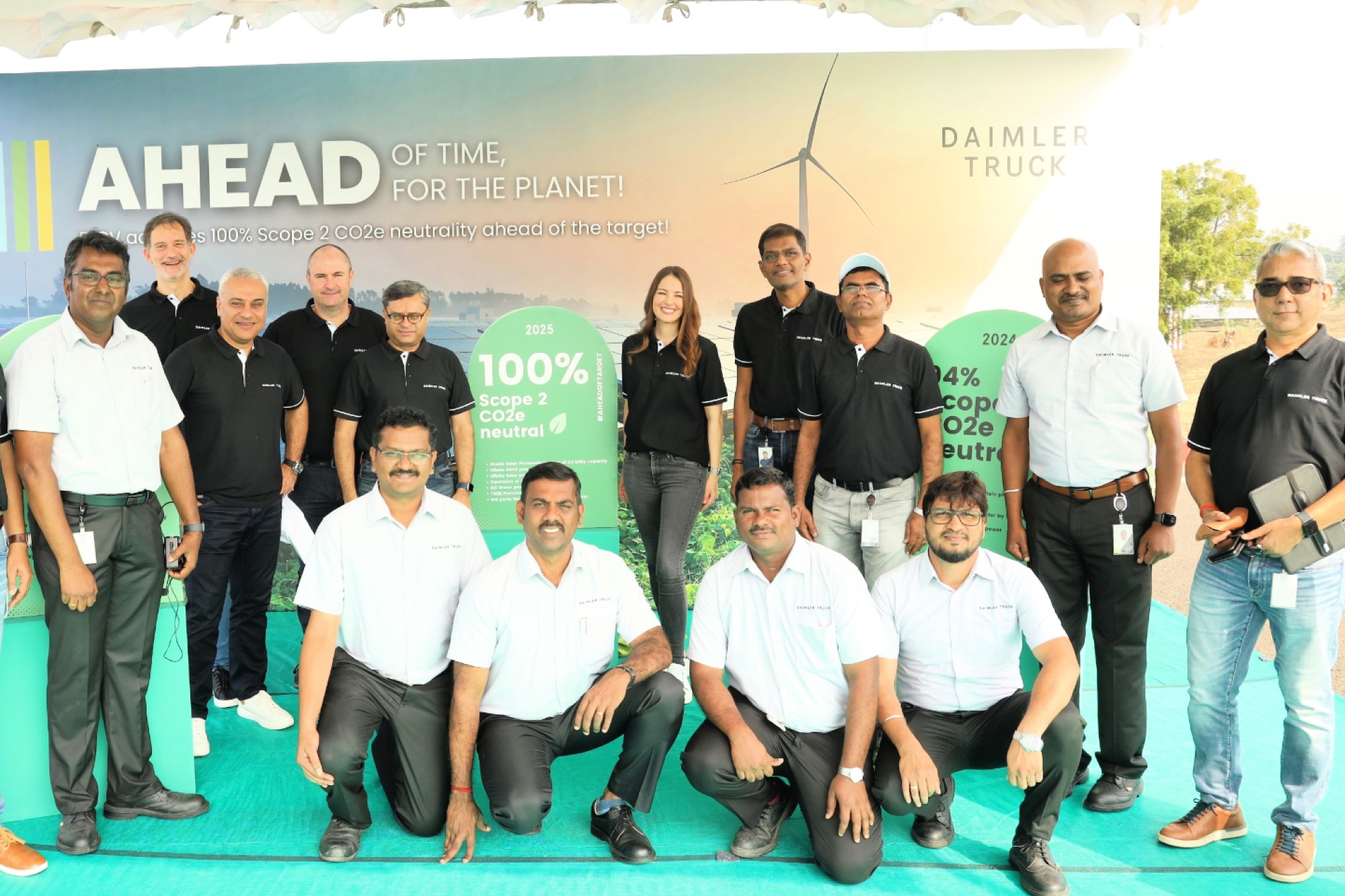The automotive turbocharger market is set to double by 2030
By OEM Update Editorial May 25, 2024 11:35 am IST
The global automotive turbocharger market, valued at USD 18660 Million in 2023, is projected to reach USD 37120 Million by 2030, growing at a 10.2 percent CAGR. The market is driven by demand for high-performance, fuel-efficient cars, with advancements in electric and variable geometry turbochargers.
The Global Automotive Turbochargers Market, valued at USD 18660 Million in 2023, is projected to reach USD 37120 Million by 2030, with a 10.2 percent CAGR.
The automotive turbocharger market is driven by the growing demand for high-performance, fuel-efficient cars, as smaller engines can generate more power, leading to increased fuel efficiency and lower emissions. This aligns with strict environmental regulations and rising fuel prices. The use of turbocharged engines in gasoline and diesel vehicles, including commercial trucks and passenger cars, is also increasing. Technological advancements, such as electric and variable geometry turbochargers, further fuel the market expansion. The trend towards smaller engines and a smaller carbon footprint further fuels the demand for automotive turbochargers.
Turbocharger Market Overview
The quest for fuel economy drives the car turbocharger business, as customers and government agencies seek more efficient automobiles. Turbochargers increase engine efficiency and power output without increasing the engine, particularly in smaller engines. Manufacturers are introducing turbochargers to fulfil rigorous fuel economy rules, which reduce fuel consumption and CO2 emissions in accordance with global environmental goals. This is especially relevant for smaller engines in passenger and commercial vehicles.
Emissions regulations are becoming harsher over the world, notably in China, North America, and Europe. These rules compel autos to generate less harmful emissions such as CO2 and NOx. Turbochargers help manufacturers comply with tight standards by enhancing engine efficiency and decreasing exhaust pollutants. Turbochargers increase engine performance by enhancing the combustion of the air-fuel mixture, allowing the engine to run cleanly and more efficiently. The vehicle industry must embrace turbocharging technology as governments continue to tighten emission standards to combat air pollution and climate change, which is significantly driving market growth.
The shift towards hybrid vehicles (HEVs) in the automotive industry presents new opportunities for turbochargers. These devices can enhance the efficiency of the internal combustion engine in hybrid cars, boosting performance and supporting the electric motor. Additionally, advancements in electric turbocharging technology are being made to improve power delivery in hybrid powertrains.The market for turbochargers is influenced by the demand for high-performance automobiles, as they enhance power and acceleration without adding unnecessary weight or complexity. These components are used by sports car manufacturers and enthusiasts to produce high-performance sedans, SUVs, and mainstream models. The market for turbochargers will continue to thrive as long as consumers’ interest in performance-oriented automobiles remains high.
Vehicle Turbocharger Industry Analysis:
Honeywell, BorgWarner, IHI, and MHI lead the worldwide vehicle turbocharger industry, accounting for 75 percent of the total. Europe has the largest market, accounting for roughly 40 percent. This is owing to rigorous environmental regulations, such as Euro 6 standards, which force automakers to adopt fuel-efficient equipment that decreases emissions. European purchasers favour diesel vehicles, which frequently employ turbochargers to improve performance and fuel economy. European governments also push the adoption of turbocharged engines in order to promote cleaner vehicles and lower carbon footprints.
View Full Report: https://reports.valuates.com/market-reports/QYRE-Auto-8P9458/global-automotive-turbochargers
Source; PRNewswire
Cookie Consent
We use cookies to personalize your experience. By continuing to visit this website you agree to our Terms & Conditions, Privacy Policy and Cookie Policy.


















